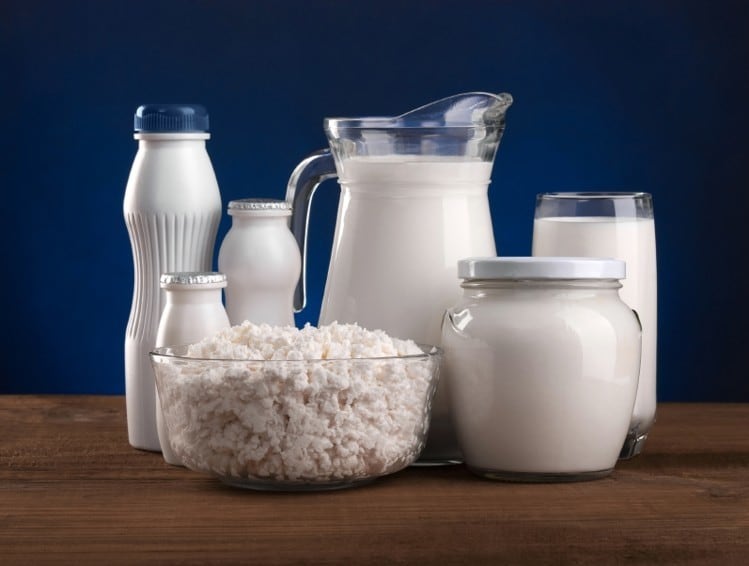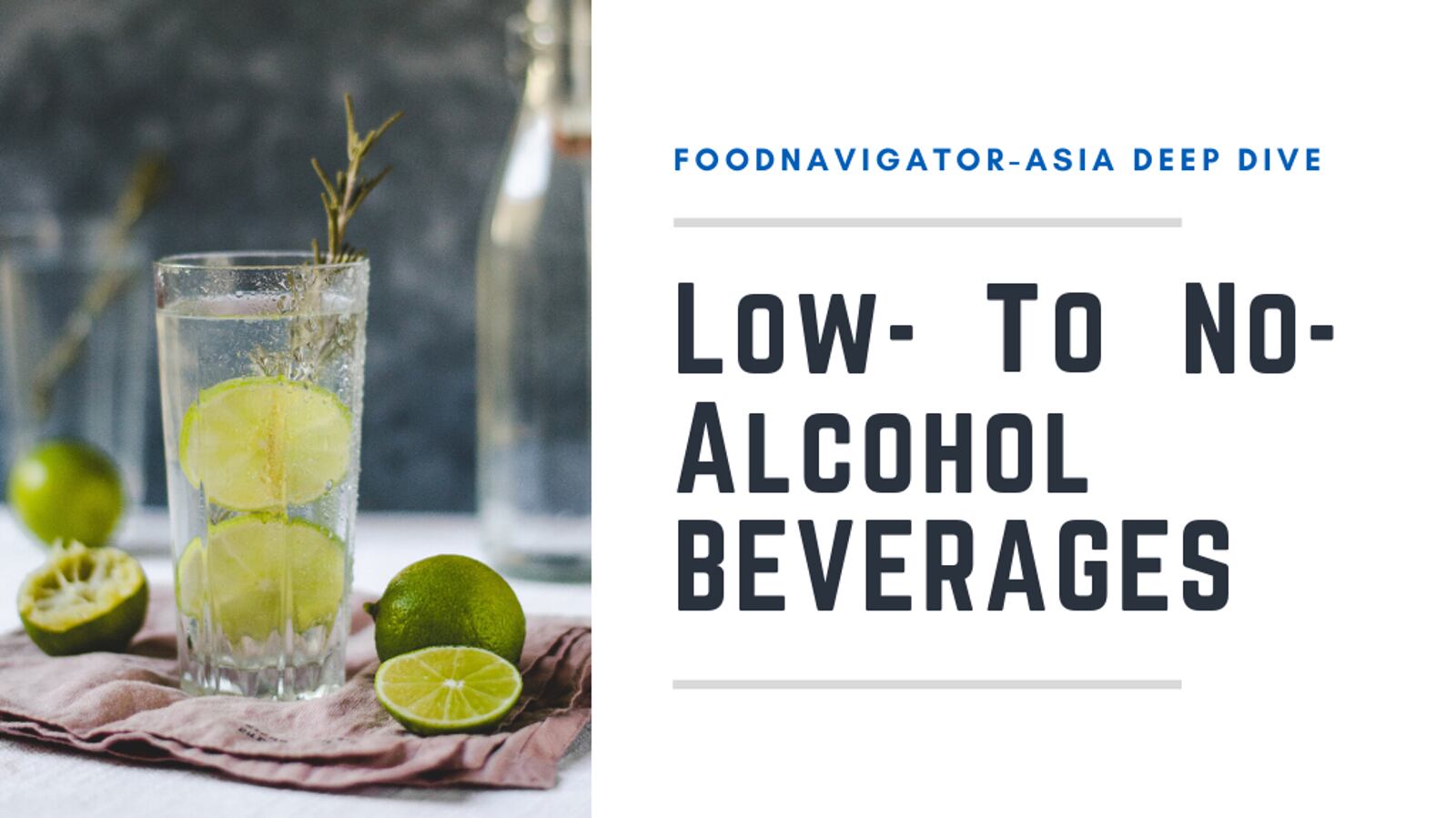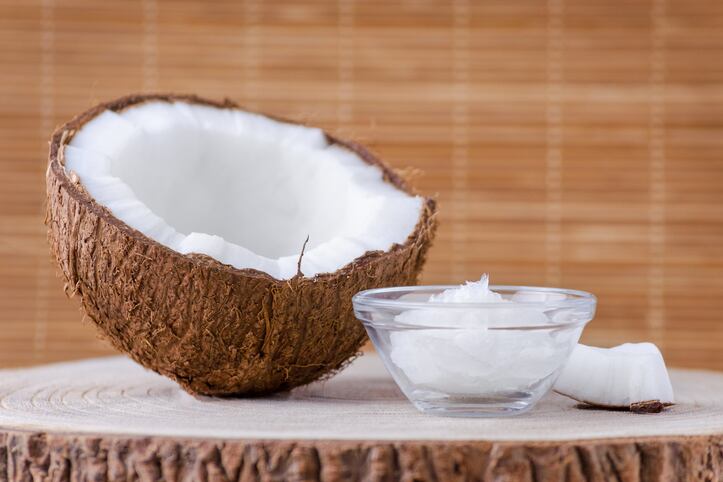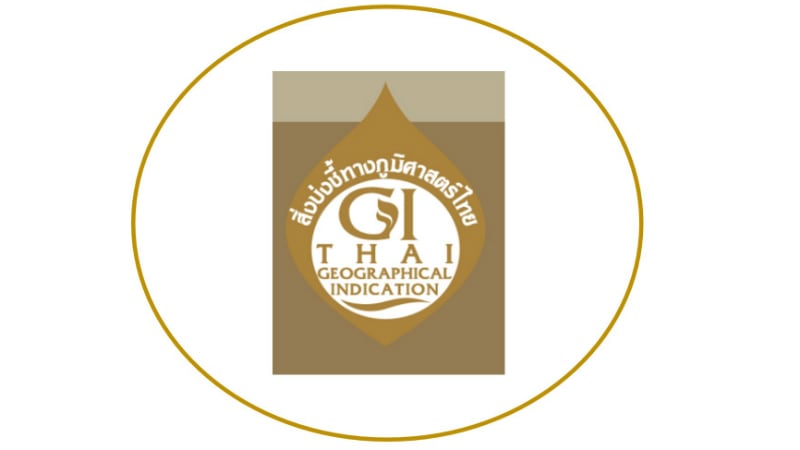Dubbed the ‘Milk and milk-related products consumption guidelines for Chinese residents’, the guidelines were formulated jointly by the National Association of Health Industry and Enterprise Management, Chinese Nutrition Society, Dairy Association of China, and China Dairy Industry Association.
Government bodies and private companies were also involved in the crafting of these guidelines, namely the Chinese Centre for Disease Control and Prevention’s (CDC) National Institute for Nutrition and Health, the Chinese Medical Doctor Association and Mengniu.
“With epidemic prevention, control and treatment at a critical stage in the country currently, science has shown that a balanced diet can help to improve nutritional health, enhance immune resistance and provide important nutritional support to combat diseases,” said the associations via a formal statement.
“Milk and other dairy products are an excellent source of high-quality protein and can also provide a source of Vitamin B2, Vitamin A, calcium and other nutrients essential for the human body. So a higher intake of these products for those low in protein, especially when higher immune resistance is required to fight the novel coronavirus, will be very beneficial.”
China’s dietary guidelines advise for a daily intake of 300g of dairy, but local studies have shown that the overall consumption by Chinese consumers has generally remained low, spurring the development of these new consumption guidelines.
Guideline specifics
The dairy consumption guidance document comprises of five core guidelines.
First, it reiterates the country’s general dietary guidelines’ advice to consumer 300g of liquid milk or its protein-equivalent from other dairy products – options would include 37.5g of milk powder, 30g of cheese and so on.
The increased consumption of dairy products either fermented by lactic acid bacteria or fortified with prebiotics/probiotics was also encouraged in the interest of improving gut health.
Such is the associations’ faith in the power of dairy that even consumers with pre-existing conditions preventing traditional dairy consumption have been encouraged to try alternatives to consume these somehow.
“Consumers with lactose intolerance can opt for lactose-free or low-lactose dairy products, and should avoid consuming these on an empty stomach,” said the guidelines.
“Try to consume milk and dairy products in small amounts and throughout multiple times – [this] can gradually allow the intestine to accept lactose in milk and dairy products and improve tolerance.”
Pregnant women and nursing mothers have been encouraged to up their liquid milk consumption to 500g or the equivalent of dairy products, whereas 350g to 500g of the same was advised for preschool children between the ages of two and five.
For breastfeeding infants and young children, exclusive breastfeeding was advised for at least six months and at best two years, with infant formula still the best option if breastfeeding is not possible for any reason.
How milk plays into boosting immunity
The associations’ deep faith in milk stems from the roles that several of its components play in the immune response such as immunoglobulin, lactoferrin, lactalbumin, glycopeptides and so on.
Lactoferrin is one of the most prominent examples of these, as it has functions in the body’s immunomodulatory activity, affecting various immune cells such as lymphocytes and macrophages, and purportedly preventing viruses from recognising and invading host cells, conveying a level of resistance.
“Research [has] shown that lactoferrin inhibits virus invasion by blocking HSPG (heparan sulfate proteoglycan, the anchor point where a virus binds to and invades into a cell) on the cell membrane, thus playing an important role when [a virus such as] SARS-CoV infects the human body,” stated the document.
“[α-lactalbumin may potentially also] affect the immune response, by regulating the intestinal flora or [stimulating] glutathionesynthesis, thereby improving immune function.”
Glutathione is an important component of the immune system as the balance, or imbalance, of glutathione levels are known to significantly affect lymphocyte functions.





